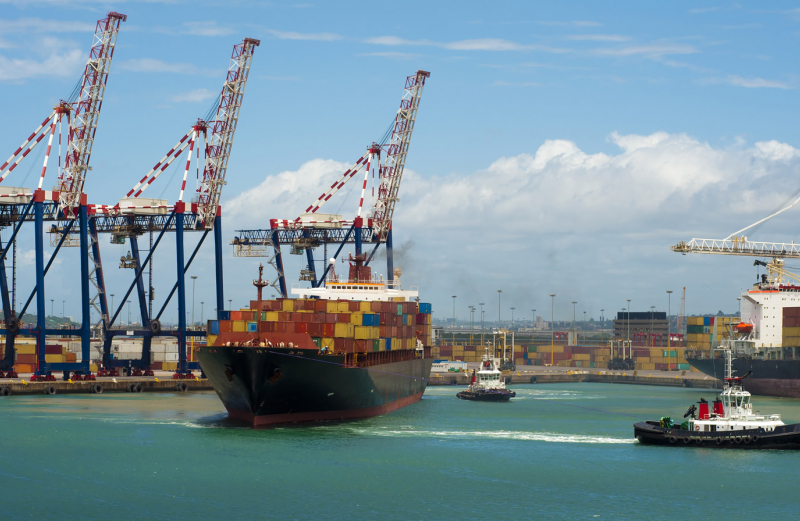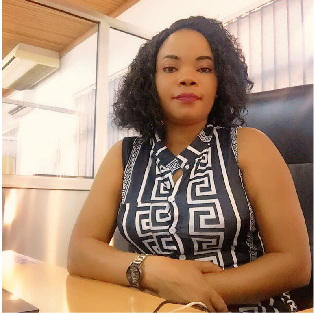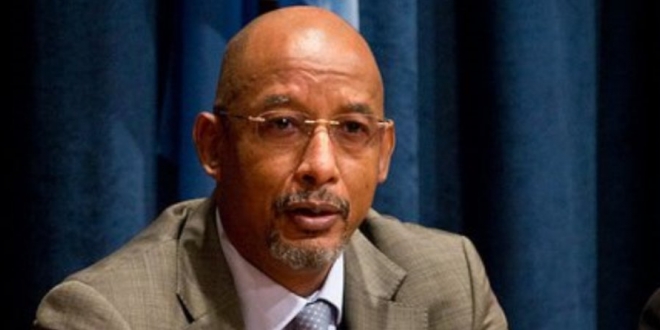6th PIDA Week open virtually to discuss the New Decade of PIDA Program

 |
Reporter: Angel Navuri | ||
|
26 Jan 2021 The Guardian Reporter, Angel Navuri, Dar es Salaam, The Guardian |
|||
|
The 6th PIDA Week opened virtually on Tuesday under the theme “New decade, new realities, new priorities – positioning PIDA and infrastructure development in Africa’s continued growth and economic recovery”.
Programme for Infrastructure Development in Africa (PIDA) Week is an annual conference held to accelerate infrastructure implementation on the continent. The 6th PIDA Week which takes place amidst the backdrop of global economic and social uncertainty marks ten years of the implementation of the first PIDA-Priority Action Plan (PIDA-PAP1) and the transition to the Second Phase of the Programme (PIDA PAP II), which will run from 2021-2030. During the official opening session, H.E. Dr. Amani Abou-Zeid, Commissioner for Infrastructure and Energy of the African Union Commission (AUC) says PIDA has achieved two important milestones this year. “I am happy to announce that on January 12, African ministers of infrastructure validated the PIDA PAP2 priority list and the African Single Electricity Market. These are very important milestones for the continent in terms of creating jobs, enhancing economic productivity, facilitating trade, accelerating industrialization and market development. They are also believed to expedite digitalization which is a game-changer for Africa'sdevelopment endeavors” underscores Dr. Abou-Zeid. The selection criteria for PIDA-PAP2 deployed an Integrated Corridor Approach (ICA) for asmart, efficient, sustainable, and inclusive outcome. Gender inclusion has been among the eight criteria incorporated in the ICA. “Gender inclusion is not about including women as beneficiaries only, but also including them in the supply chain, across the whole value chain of our infrastructure development; making sure that women-led enterprises have a fair share in procurement of large projects, as well as access to large finance, not just as the micro or small finance,” emphasized Dr. Abou-Zeid. The AU Commissioner further stressed digitalization and climate-resilient infrastructure.“Digitalization is a game-changer and is here to stay. It has implications on every walk of life and each sector including infrastructure. In the selection criteria, we insisted on the aspect of smart technologies and sound business models that are aligned to the current realities and are adaptable to the future. Climate mitigation impacts was part of the selection criteria, and the adaptation potential projects was considered because the adverse effects of climate change on Africa are already prevailing and deteriorating. We need our infrastructure to withstand the impacts of climate change.” H.E. Dr. Ibrahim Mayaki, Chief Executive Officer of African Union Development Agency(AUDA-NEPAD) said, “the Integrated Corridor Approach ensures that all related corrido rinfrastructure link complements each other mirroring the AU Agenda 2063 to realize the full socio-economic development impact of regional projects”. He commended the leadership provided by the AUC as well as the active participation of African Development Bank, United Nations Economic Commission for Africa, Member States, Regional Economic Communities and Development Partners during the process of developing PIDA PAP2. PIDA PAP2 has drawn lessons from its predecessor PIDA-PAP1 which comprises over 400projects. “The projects under PIDA PAP1 are at different levels of implementation which reached approximately 50% by the end of 2020.” Dr. Mayaki disclosed. H.E. Dr. Naledi Pandor, South Africa’s Minister for International Relations and Cooperation South Africa said the successful implementation of the PIDA-PAP II would require an increased investment drive by private investors. “Infrastructure development in Africa requires USD130bn-USD170bn annually. However, to attract this investment we need to address issues of good governance, which affect the quality and delivery of infrastructure. PIDA project owners need to have the capacity and enabling environment for driving good governance,” said Minister. Pandor. The opening session of the 6th PIDA week was followed by a presentation on the PIDA Progress Report by Mr. Amine Idriss Adoum, Director, Programme Delivery and Coordination, AUDA- NEPAD. In addition to the typical issues impacting infrastructure delivery on the continent, the 6th PIDAWeek will consider thematic issues such as infrastructure priorities under the PIDA PAP2, Post-Covid-19 infrastructure financing, delivery and resilience, the critical role of infrastructure fo rthe implementation of AfCFTA, Covid-19 impact on transport, energy, ICT and social infrastructure. |



